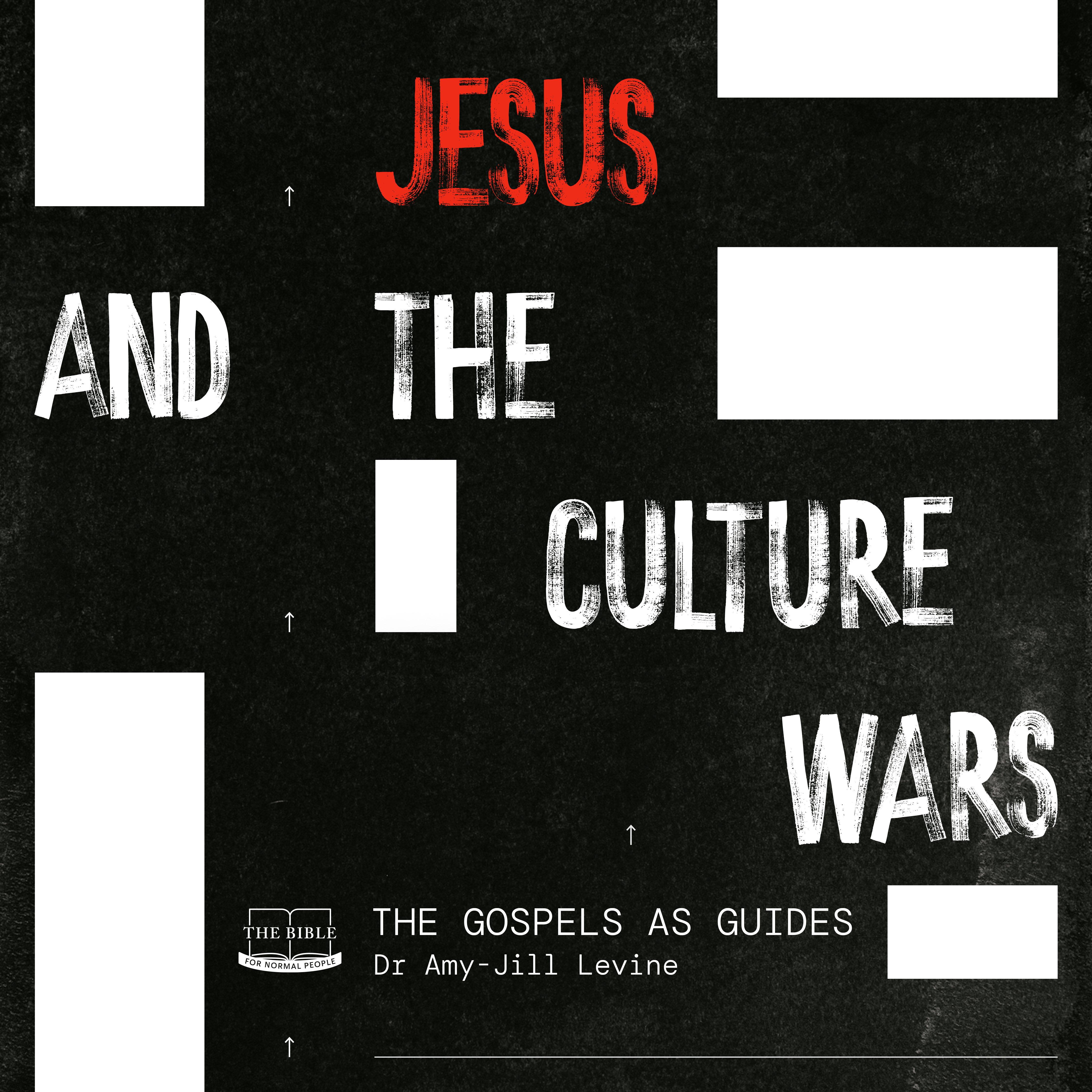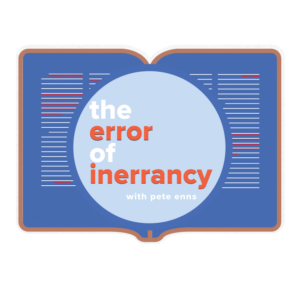Description
How do stories told by and about Jesus help us ask the right questions about the issues fracturing society today? Are the Gospels even valuable to people who don’t believe in G-d, miracles, or final judgement? AJ Levine explains how Jesus’ parables, healings, instructions, and debates help readers navigate both community responsibility and personal ethics on topics such as health care, economics, ethnicity, slavery’s legacy, and family values.
**
The Bible is not an answer book, and “what would Jesus do?” isn’t always a helpful question to ask. Jesus did not live in a participatory democracy; his social media consisted of meeting people in person; his miracles cannot be replicated; and his demands for divestment, rejection of family ties, and acceptance of the role of slave are difficult to grasp—if not incomprehensible or even obscene—for modern people.
From family values to economics and health care, from the language of slavery to inter-ethnic relations, Jesus’ parables, healings, instructions, and debates help readers navigate both community responsibility and personal ethics. Further, locating Jesus in the world of first-century Jewish life not only helps prevent the antisemitism that frequently accompanies Christian teaching, it also shows how Jesus, in continuity with the Scripture of Israel, offers nourishing guidance rather than pie-in-the-sky promises.
Topics we’ll cover:
- Economics—“There was a rich man who…” (divest, donate, or develop?)
- The legacy of slavery—“We are worthless slaves…” (Does God enslave? Is the metaphor helpful or harmful?)
- Us vs. them—“Go nowhere among the gentiles” (pluralism vs. particularism)
- Health care—“You can make me clean” (ritual purity, demonic possession, and free health care)
- Family values—“Hate your father, mother, spouse, and children” (swords splitting households and eunuchs for the kingdom)
This class includes:
- One-night live class
- Live Q+A session
- Link to class recording
- Downloadable class slides





